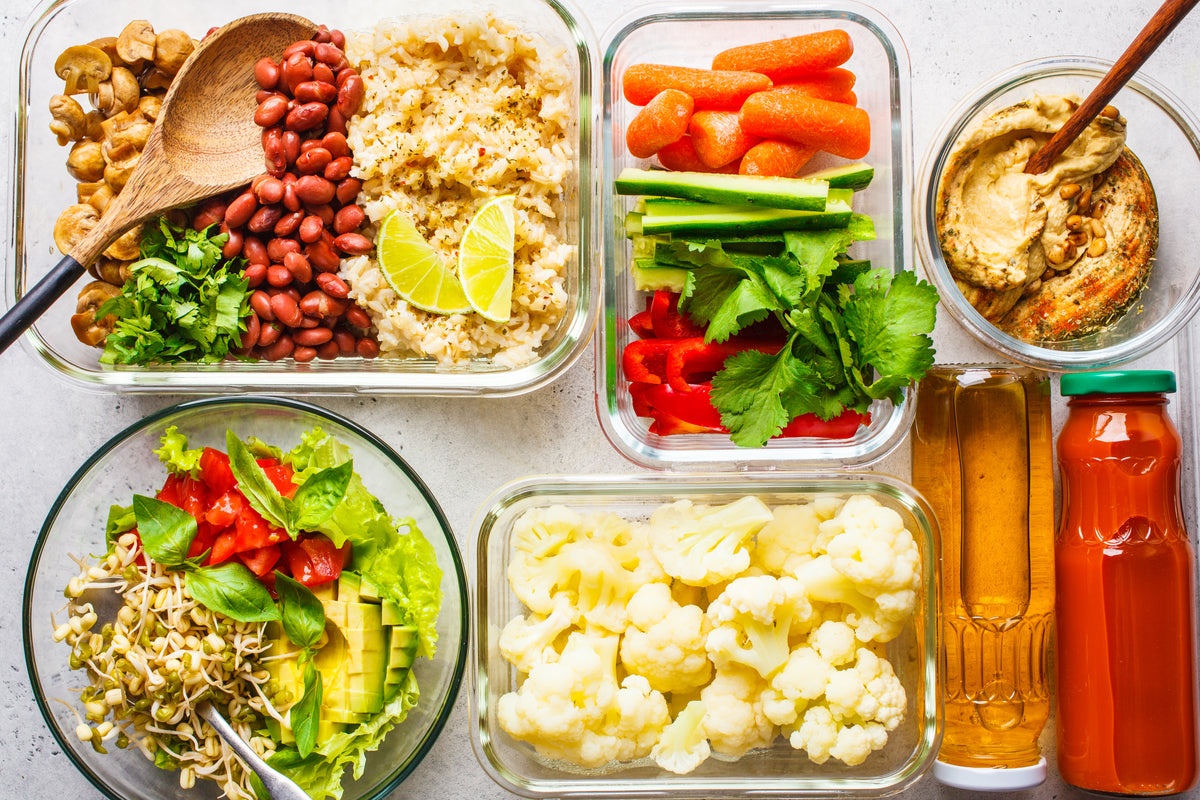
It is important to take care of your teeth. This can prevent painful issues such as decay and gum disease. It is important to eat healthy foods. For healthy teeth and gums, it is important to eat a lot of raw fruits and veggies. These foods stimulate your gums, and produce more saliva. Your mouth will be cleansed by the saliva.
You can help your child's dental health by encouraging them to eat fresh fruits and veggies. Encourage your child to choose fresh fruit and vegetables. Invite them to participate in the cooking of the food. This can be fun! Use different colours when cooking. Make sure your kids eat according to their meal times. Tooth decay can also be caused by frequent snacking. Therefore, it is important to choose healthy snacks, such as vegetables, cheese, and cut-up fruits.

Your teeth's health is dependent on a healthy diet. Ensure you limit your intake of foods that can cause tooth decay. You should eat lots of dairy products such as milk, cheese, yogurt, and sugar. This will keep your teeth strong and clean. Consuming calcium-rich foods can help keep your bones healthy. Furthermore, chewing on crunchy foods will stimulate saliva production, which helps wash away harmful food particles and bacteria from your mouth.
Cheese is another food your child needs to eat. Cheese has the ability fight cavities and stimulate saliva formation. Some cheese components may actually stick to your child's teeth and help protect them from acidic plaque. Low-fat dairy products are also rich in calcium and do not contain saturated fat which can cause tooth damage. It is important to make sure your child has a regular dentist visit. Regular checkups will help you prevent serious tooth decay and reduce the need for more invasive procedures.
Fruits and vegetables, along with nuts, are good for your teeth. Nuts and vegetables are rich in nutrients that can be beneficial to your teeth. Consuming raw fruits and vegetables also helps freshen your breath and fight bacteria that cause cavities. These are some of the best food options for your mouth. There are many other healthy foods that can help you maintain a healthy mouth. These include leafy green vegetables and carrots, and they are great sources of iron and calcium.

It is vital to drink water. Water is essential for the oral health of your child. It is not only necessary for hydration, but it also helps to keep the mouth's pH balanced. It also helps to reduce the risk of tooth decay. For strong, healthy teeth, it is important that you drink water throughout your day. The dentist can also help you choose the right foods for your child.
FAQ
How can I lose weight by avoiding certain foods?
Avoid trans fats. Trans fats can raise LDL (the unhealthy) cholesterol levels while lowering HDL levels (the good).
Trans fats can also be found in deep-fried food, fast food, packaged bakery goods, snack cakes, as well as other processed foods.
These unhealthy fats can also lead to inflammation, which can cause heart disease and diabetes.
Avoid eating foods that contain artificial sweeteners. Artificial sweeteners have been linked to an increase in cancer risk.
These chemicals are found everywhere, from soft drinks to chewing candy to candy bars to chewing gum. They are also found in poultry, eggs, meat and fish.
Artificial sweeteners can be saccharin or cyclamate, sucralose, sorbitol or aspartame.
The American Heart Association suggests that you avoid these chemicals as they can cause DNA damage in your cells.
Cardio Exercise: Good or Bad for Your Health?
Cardiovascular exercise has many benefits. It increases blood circulation, strengthens the heart muscle, boosts stamina, aids in weight loss, and gives you more energy.
Cardiovascular exercise includes running, biking, hiking, swimming, tennis, basketball, soccer, volleyball, football, etc.
It is important that cardio exercises are not performed at high intensities. This could lead to injury.
If you feel fine, only do the cardiovascular exercise.
Don't push yourself beyond what you can handle. If you do, you might injure your self.
Cardiovascular exercise is best done warm-up first. Gradually increase the intensity.
Always listen to your body. If you feel pain during cardiovascular exercise, stop immediately.
It is also advisable to rest after a cardiovascular workout. This gives your muscles the chance to heal.
Cardiovascular exercise is essential for losing weight.
This is the best way to lose weight and belly fat.
Is it possible to go to the gym every day of the week?
Yes, you can go to a gym seven days per week. But not all at once. You need to find a time that you are able to do this without feeling exhausted or drained.
This will help to keep you focused and give you energy for other things.
You must also ensure that you eat enough during these times. This will ensure you don't feel tired and sluggish when going to the gym.
You must ensure that you don't have any other competing demands on your time. Consider avoiding exercising on school night if you have small children. This will keep your attention from your workout.
What is the Best Workout for Men Over 40 Years?
Older men often have more energy and stamina when they exercise.
It is important for you to know that over 40s experience a reduction in testosterone which can lead to lower sex drive.
This does not mean that you should stop engaging in physical activity. Numerous studies have shown that aerobic exercise can increase testosterone levels in certain men.
If you are looking to improve your sexual performance, an aerobics workout is the best option.
Is Cardio Better Than Strength Training?
Both are equally excellent. For those who want to gain muscle quicker, cardio is a better choice.
Cardio burns more calories per hour than strength training, and also burns more fat.
Strength training increases muscle mass but takes more time than cardio.
Statistics
- Are You One of the 20% of Guys (mh.co.za)
- Cardmembers earn 5% Back at Amazon.com with a Prime Credit Card. (amazon.com)
- By John Thompson Take a whopping 38% off a set of PowerBlock Pros. (menshealth.com)
- Candidates and applicants must pass all four tests at 70% (minimum level) to graduate from Basic Deputy U.S. Marshal (BDUSM) Training. (usmarshals.gov)
- 10 pounds in a month is likely during a lean bulking phase, especially for beginners. (muscleandstrength.com)
External Links
How To
How can I exercise to burn fat?
Exercise helps you lose calories by increasing your metabolism and oxygen intake.
Exercise at a moderate intensity to safely lose weight.
These tips can help you to burn fat while training:
-
Cardio exercises can include running, walking, swimming or cycling.
-
Do 30 minutes of exercise three times a week.
-
If you want to lose more weight, add strength training to your routine.
-
Avoid doing intense exercises. It's possible to build muscle, but not lose it.
-
Keep hydrated during exercise. Water flushes out toxins, and keeps your body properly hydrated.
-
After working out, make sure to drink low-fat proteins shakes. Protein shakes boost energy and repair muscle tissue.
-
Smaller meals are better for you.
-
Don't skip breakfast! Skipping breakfast can cause you to feel tired and sluggish.
-
Take care of your mind. Stressful situations may slow down your metabolism.
-
Keep a positive attitude. Studies show that people who believe they're overweight gain more weight than those who think they look pleasing.
-
Sleep enough. Lack of sleep makes it harder to burn fat.
-
Always be active. Get up every hour and get moving.
-
Maintain a healthy diet. A healthy diet will help you feel fuller for longer.
-
Find relaxation methods. Tenseness can cause stress hormones to break down muscle tissue.
A balanced diet will provide all nutrients that are necessary for growth.
Six small meals per day is better than three large meals. This allows your body time to digest what you've eaten.
For strong bones, we need 500 mgs of calcium daily. Calcium is found in dairy products like yogurt, fortified milk beverages, orange juices, cereals and bread.
Calcium can be found in leafy green veggies, beans, tofu and nuts as well as seeds, nuts and cheese.
Vitamin D is essential for calcium absorption. Vitamin D is found in eggs yolk, fatty fish and fortified foods.
Vitamin E is important for skin health. It's found in vegetable oils, wheat germ oil, peanuts, almonds, sunflower seeds, and corn.
Your body needs zinc for normal immunity function and wound healing. Zinc is found in seafood, oysters legumes meats, whole grains, whole grains and meats.
Zinc deficiency could cause fatigue, nausea, vomiting, and depression.
Insulin resistance is caused by eating too much sugar, which can increase blood glucose levels. Insulin resistance leads to weight gain.
When there is a high level of free radicals, insulin resistance can develop. Free radicals can be molecules with unpaired electrons that cause damage to cell membranes.
Most free radicals come from pesticides herbicides, food additives, preservatives smoking, radiation, chemical in cosmetics, lotions and household cleaning supplies.
Free radical damage can lead to cancer, heart disease, diabetes, arthritis, asthma, and aging.
Antioxidants are essential for preventing free radical damage. Antioxidants protect against oxidative damage.
Vitamin C is found in citrus fruits and beta carotene is found in carrots.
Selenium, manganese (and zinc) are other antioxidant nutrients.
Selenium helps to protect cells against free radicals and oxidative stress. Selenium can also be found in Brazil nuts (tuna), liver, kidneys and shrimp.
Copper protects the eyes, brain, lungs, liver, and red blood cells. Copper can be found in shellfish and poultry as well as meat and organ meats.
Manganese is an essential component of bone structure. Manganese is found as a component of bone structure in brown rice (spinach, bananas), prunes, raisins and oatmeal.
Zinc is required for normal growth, reproduction and wound healing. Zn is found in lean cuts of meat, white fish, poultry, and eggs.